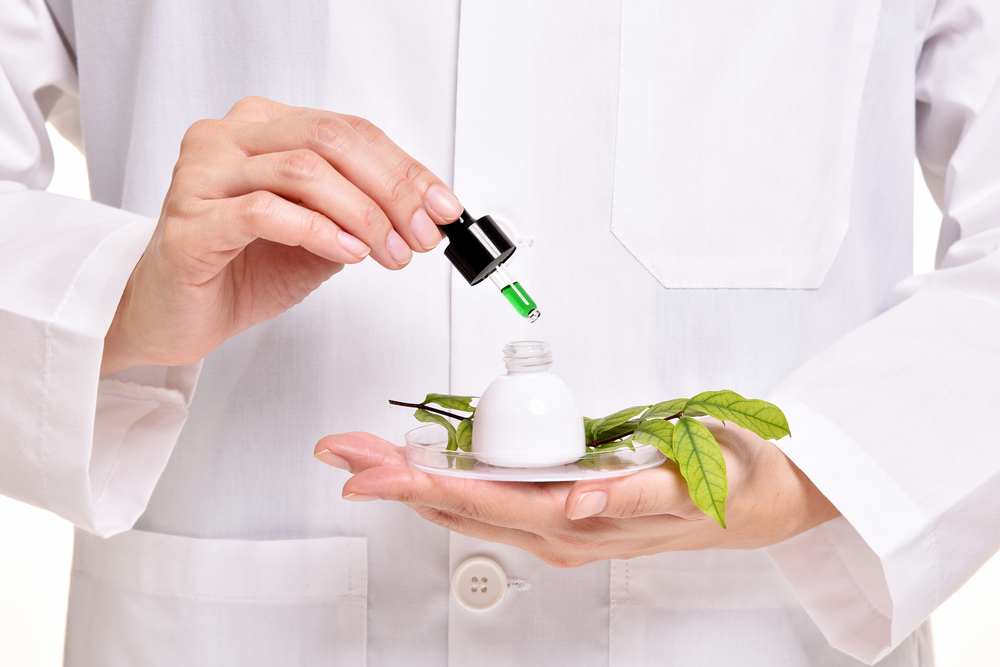Herbal Extract of Traditional Medicine Works to Ease Lung Inflammation and Fibrosis, Early Study Reports
Written by |

A herbal extract derived from a product used in Korean traditional medicine may be a potential alternative treatment for idiopathic pulmonary fibrosis (IPF), a mouse study suggests.
The herbal extract was found to reduce inflammation and markers of lung fibrosis in a mouse model of PF and in lung fibroblasts collected from patients.
The study, “A standardized herbal extract PM014 ameliorates pulmonary fibrosis by suppressing the TGF-β1 pathway,” was published in the journal Scientific Reports.
Esbriet (pirfenidone, marketed by Genentech) and Ofev (nintedanib, marketed by Boehringer Ingelheim) are two FDA-approved therapies for IPF that can delay lung function decline.
“Unfortunately, these drugs have some serious potential side effects and neither of these drugs have been found to effectively reverse lung fibrosis,” the researchers wrote, emphasizing the need to develop new IPF therapies.
PM014 is a novel herb extract made from seven plant species and derived from Chung-Sang-Bo-Ha-Tang (CSBHT), an herbal product used for treating lung disorders in traditional Korean medicine.
Prior studies reported that the extract is able to ease inflammation in mouse models of chronic lung diseases, including chronic obstructive pulmonary disease (COPD) and asthma.
A team led by researchers at the College of Korean Medicine, Kyung Hee University, in South Korea, investigated if PM014 could be of benefit to IPF. The team tested if the herbal extract could ease disease signs in a mouse model of bleomycin-induced PF, a widely used experimental model of the disease.
Results showed that oral, daily administration of PM014 after lung fibrosis onset suppressed inflammation and eased lung scarring (fibrosis) in a dose-dependent manner in the animals.
The treatment reduced the amount of inflammatory cells reaching the lungs, and lowered production of pro-inflammatory mediators, including transforming growth factor (TGF)-β1, “one of the most potent inducers of fibrosis,” the researchers wrote.
The Pulmonary Fibrosis News forums are a place to connect with other patients, share tips and talk about the latest research. Check them out today!
Importantly, the team also looked at the changes PM104 induced on lab cultures of lung epithelial cells and fibroblast cells taken from healthy donors and IPF patients.
Results showed that PM014 prevented cells from undergoing alterations crucial to the development of fibrotic lesions in the lungs, namely epithelial-mesenchymal transition (EMT). During this process, epithelial cells transform into migratory or invasive mesenchymal cells; these cell, in turn, release proteins like collagen, which lead to the hardening and scarring of tissues.
Of note, PM014 inhibited the activation of lung fibroblasts from IPF donors, blocking their ability to migrate and produce collagen.
Data from this work suggest that “PM014 administration exerts a protective effect against lung fibrosis and highlight PM014 as a viable treatment option that may bring benefits to patients with IPF,” the team concluded.






